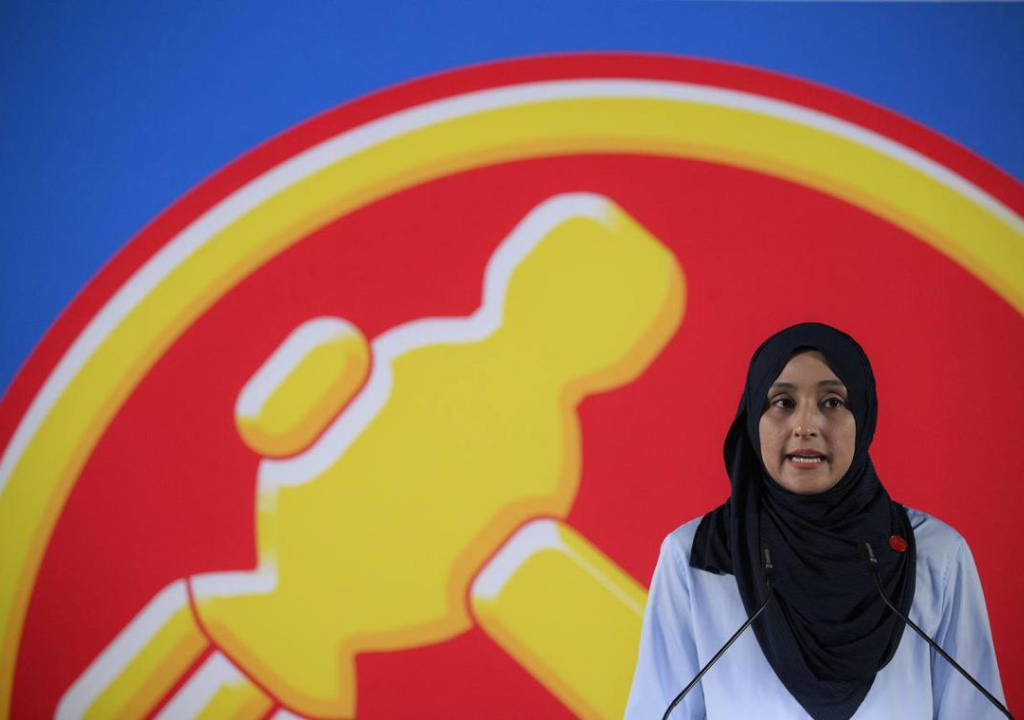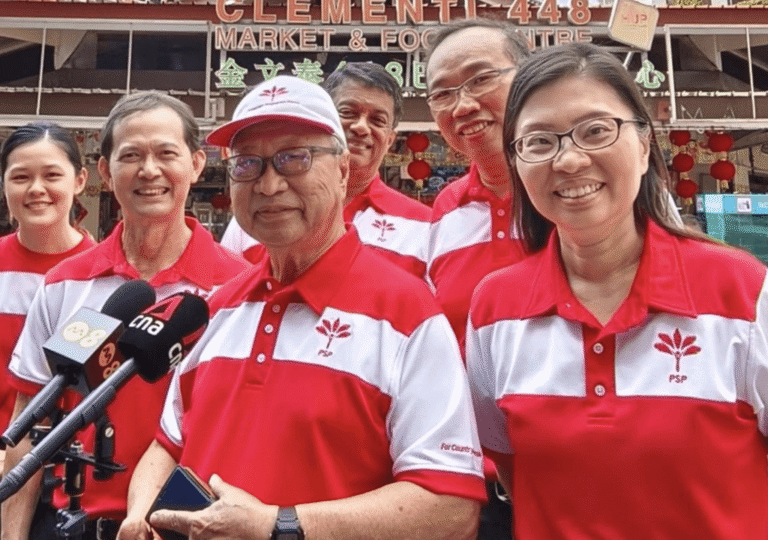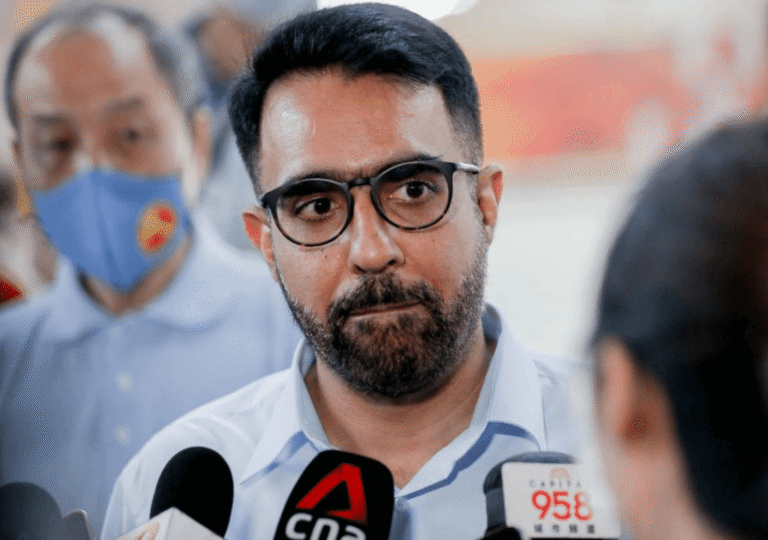Singapore, a multicultural city-state with predominantly Chinese, Malay, and Tamil communities, has long been praised for forging unity among its diverse population and emerging as one of the world’s most successful nations. While many other countries with similar colonial histories continue to struggle with ethnic and religious tensions, Singapore has largely avoided such divisions, aside from the race riots of the 1960s and a few isolated incidents. Though diversity and differences persist, Singaporeans have not allowed them to dominate public life. Semi-authoritarian governance, the deliberate inclusion of all races in politics, and skillful ethnic balancing have helped preserve social harmony.
However, identity politics rooted in religion and ethnicity—often a destabilizing force in other democracies—is beginning to resurface in Singapore. The recent controversy involving foreign Facebook posts advocating for Malay Muslims, alongside an Islamic teacher and influencer who reportedly engaged with the opposition Workers’ Party (WP) and reached informal understandings, quickly drew national attention.
The Noor Trouble.
Social media posts by Noor Deros, an Islamist, have been circulating widely in recent days, igniting debate over the intersection of religion and politics in Singapore. While the involvement of religious figures in politics and the formation of alliances between religious groups and political parties are common in neighboring Malaysia and Indonesia, such actions remain highly sensitive and generally frowned upon in Singapore.
Noor, however, pushed the boundaries further. The Singaporean religious teacher, currently based in Malaysia, claimed he had engaged with Workers’ Party (WP) candidates contesting the upcoming election, urging them to prioritize the rights and concerns of Singapore’s Malay/Muslim community.
According to a report by the Malay-language newspaper Berita Harian on April 26, Noor said in a series of Facebook posts that he had spoken to all of WP’s Malay candidates. He also claimed that the party had agreed to raise issues voiced by the asatizah (religious teachers) regarding the Malay/Muslim community — a clear step toward religion-based political advocacy.
Noor further asserted that the WP had taken seriously his call to address in Parliament matters concerning the regulation of Islamic practice, specifically citing the Administration of Muslim Law Act and institutions such as the Islamic Religious Council of Singapore. He also urged the WP and other candidates to adopt a firm stance against Israel and to formally recognize the state of Palestine.
While Singapore has demonstrated humanitarian concern for the people of Gaza, it maintains strong diplomatic relations with Israel and remains one of the few countries that does not officially recognize Palestine. Given that Palestine is a deeply emotive issue for many Muslims worldwide, Noor’s position risked unsettling Singapore’s carefully calibrated foreign policy.
In addition, Noor criticized Minister-in-Charge of Muslim Affairs Masagos Zulkifli, accusing him of failing to protect the rights and aspirations of the Malay/Muslim community. He praised WP vice-chairman Faisal Manap for raising the tudung (headscarf) issue in Parliament, which eventually led to the lifting of restrictions on Muslim healthcare workers wearing the tudung in 2021.
Calling on voters in Tampines GRC to support Mr. Faisal in the May 3 general election, Noor’s posts added to a growing tide of online messages marked by racial and religious undertones during the campaign period.
Noor’s comments quickly gained traction among segments of the Malay community. A Facebook user under the name “Zai Nal,” who shared Noor’s posts and accused Malay/Muslim MPs of failing their community, was later identified as Zulfikar Mohamad Shariff, an Australian citizen who renounced his Singaporean citizenship in 2020. Zulfikar had previously been detained under the Internal Security Act (ISA) in 2016 for promoting terrorism and supporting ISIS online. His criticisms over the tudung issue were subsequently reshared by Mohamed Sukri Omar, the Selangor Youth chief of Malaysia’s Parti Islam SeMalaysia (PAS).
Two other individuals, Mohamed Sukri Omar and Iskandar Abdul Samad, PAS’s national treasurer, were also involved in amplifying Noor’s messages.
On April 25, the Infocomm Media Development Authority ordered Meta to block access to the relevant Facebook posts for users in Singapore. The posts have since been disabled.
What WP Says
The Workers’ Party (WP) came under pressure following comments made by Noor Deros. In a statement on April 26, the WP clarified that during a meeting with various religious leaders, which included Noor Deros, neither promises nor agreements were made to any individual in exchange for political support for its candidates.
WP leader Pritam Singh clarified that although Mr. Noor had presented a list of demands, there was no situation where support was conditional on the WP advancing a particular agenda. Singh emphasized that politics in Singapore does not function that way. He further stressed that the WP could not be a successful political party if it engaged in race and religion-based politics. Regarding Mr. Noor’s expectations, Singh stated that if Noor believed his advocacy would directly influence the Workers’ Party’s agenda, he was mistaken.
The WP also stressed that it had no control over foreign parties expressing support for its candidates, after expressions of support from Malaysia’s Islamist party PAS circulated online. The party maintained that any suggestion to the contrary was inaccurate and reaffirmed its firm commitment to Singapore’s secular, multiracial, and multi-religious society, as well as the integrity of the electoral process.
When asked how the controversy could impact the contest in Tampines GRC — where a WP team led by Faisal Manap is challenging a People’s Action Party (PAP) team led by Minister for Social and Family Development Masagos Zulkifli — Pritam Singh said that none of the WP’s Malay/Muslim candidates, including Faisal, would represent only their own community. He emphasized that in Singapore’s multiracial society, every candidate must represent all Singaporeans equally and fairly.
The party reaffirmed its commitment to keeping religion and politics separate, describing this principle as a well-established foundation of Singapore’s political culture.
Nevertheless, political observers point out that the center-left Workers’ Party (WP), aiming to increase its representation in the upcoming election, may view Malay/Muslim voters as a more reachable constituency compared to other groups. For segments of the Malay/Muslim community who feel they have limited sway over the ruling party, the WP appears to offer a more viable alternative. As a result, a deal is possible.
What Wong says.
Minister Wong knows how to handle the situation and is doing so effectively. Prime Minister Lawrence Wong stated that Singapore should firmly reject identity politics and keep race and religion out of the political space. A week before the nation heads to the polls on May 3, he urged the leaders of all political parties to clarify their stance on two fundamental principles: identity politics has no place in Singapore, and religion and politics should not mix.
PM Wong emphasized that mixing politics with religion is unacceptable in Singapore for several reasons. It fractures the common space shared by all Singaporeans, and it harms all communities when elections become contests of faith. He warned that external powers would exploit these fault lines to advance their own agendas. He urged political parties to avoid pushing the boundaries and to ensure that race and religion stay separate from politics. Wong could position the party as the best option for maintaining Singapore’s racial harmony, while the opposition party is seen as pursuing foreign interests.
Government to scrutinize
The government has decided to take a firm stance on identity politics, recognizing that beyond the election, it could damage Singapore’s global image, something the country has worked hard to cultivate. Social media accounts with vested interests have been banned. Prime Minister Wong emphasized that Singapore cannot allow external actors, through social media, to exploit differences within the country to weaken the nation or advance their own agendas.
While neighboring countries have fallen into the trap of religious politics, with issues like Gaza and Muslim rights threatening stability, Singapore has managed to steer clear of this pitfall. However, observers noted that the trend is beginning to emerge in Singapore as well. Wong made it clear that if identity politics gain a foothold in the country, it could mark the beginning of the nation’s decline.







